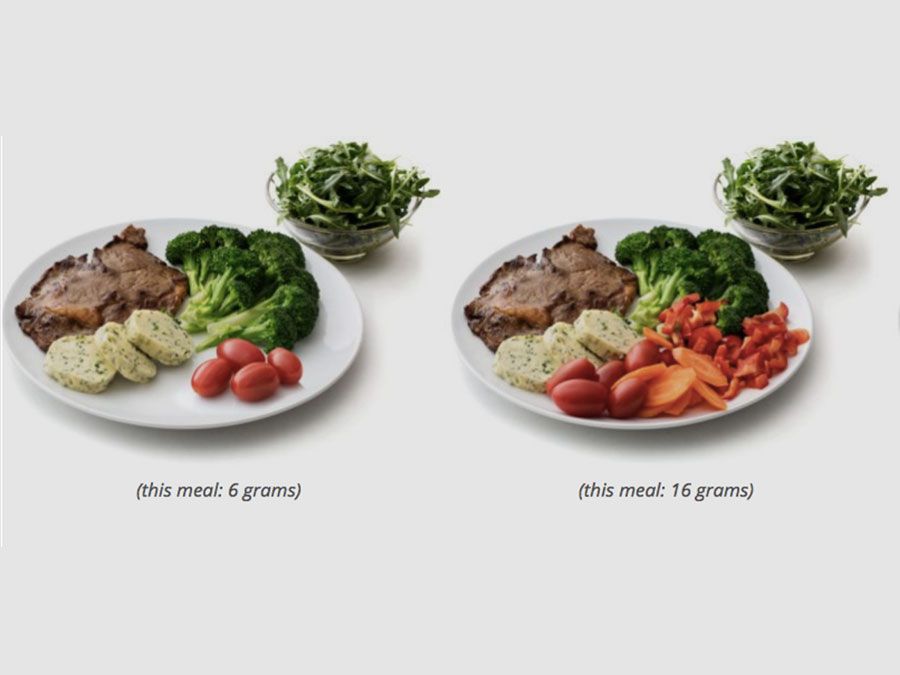- Schedule a 30-Minute Free Consultation!
- mithra@lokawellness.com
What is a Ketogenic Lifestyle?

What to eat on a Ketogenic Diet?
January 5, 2018
What is a Ketogenic Diet?
January 5, 2018Low-carb diets are essentially programs that lower carbohydrate intake below 100 grams; strict ketogenic diets are a subset of low carb diets that typically consists of below 50g of carbohydrates per day. I would recommend that people suffering from metabolic syndromes/diseases such as obesity, diabetes, high blood pressure, arthritis, etc., reduce their net-carb intake (carbohydrates minus fiber) to 20g to 30g per day.
It is not just a diet, it is a lifestyle about overall health. By adopting a ketogenic lifestyle, you reap many benefits such as more energy, an overall feeling of wellness, dropped weight, less pain in your joints and a better outlook on your life. It is easily sustainable as you don’t have to go through many hours of hunger and you also have a variety of options to eat and you will feel comfortably full after each meal. However, the lifestyle is not easy to adopt as many people including me struggle to comprehend at first. But it is worth the investment in time to understand the lifestyle and adopt it as it will ultimately transform the way you think and understand about yourself, food, and health in general.
HOW MANY CARBS FOR A KETOGENIC LIFESTYLE?
Low-carb diets are essentially programs that lower carbohydrate intake below 100 grams; strict ketogenic diets are a subset of low carb diets that typically consists of below 50g of carbohydrates per day. I would recommend that people suffering from metabolic syndromes/diseases such as obesity, diabetes, high blood pressure, arthritis, etc., reduce their net-carb intake (carbohydrates minus fiber) to 20g to 30g per day.
WHAT ABOUT PROTEINS?
Keep proteins to a moderate amount. Unless you are a body builder, pregnant or lactating mother, restrict proteins to less than 50g per day. For vegetarians – 100g of paneer has 11g, 100g of yogurt has 10g, and each whole egg has 6g. For people who eat meat – 100g of chicken has 23g. I would recommend that you take a handful of protein food. That should more than meet your daily needs of protein.
WHAT ABOUT FATS?
Increase the proportion of amount of fat in your diet. And by that we mean healthy fats such as olive oil, coconut oil, butter, avocado, ghee and sesame oil.
INCREASE THE AMOUNT OF WATER AND SALT INTAKE.
Increase the amount of water you drink every day for a minimum of 64oz (8 cups). Also increase your intake of salt, potassium and magnesium.
WHAT ABOUT VEGETABLES?
Eat unlimited amounts of green leafy veggies and vegetables that grow above ground. Exceptions are peas, lentils, gram dhals, etc. (these belong to the legume family). Avoid potatoes, sweet potatoes, yams, etc.
FRUITS.
Fruits are nature’s candy. You should eat it as such. One slice of a fruit that you can relish for a while through mindful eating is all you need. Try to eat locally grown seasonal fruits.




